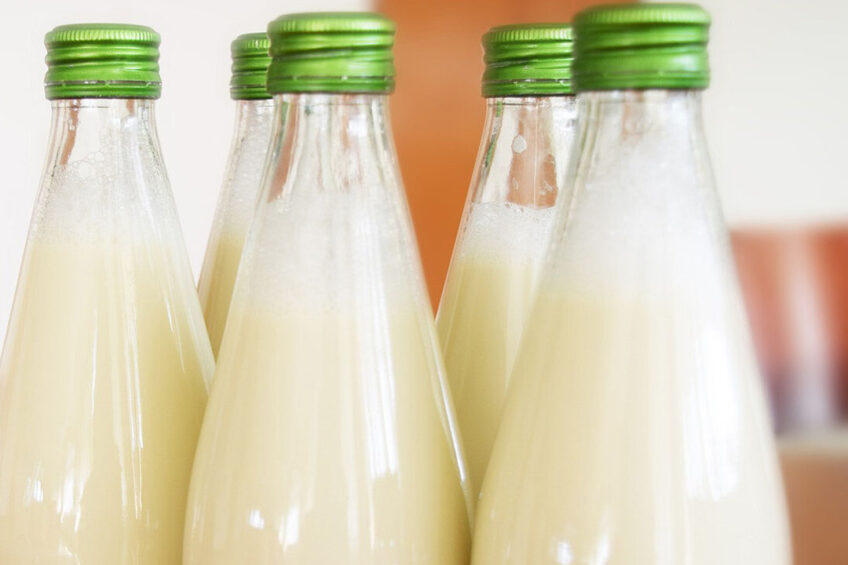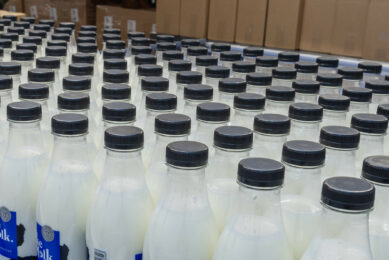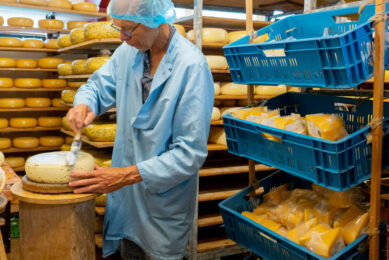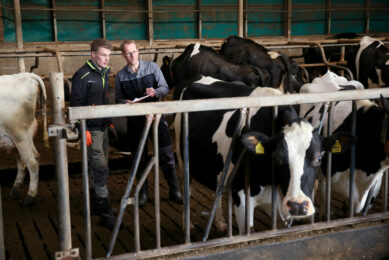Higher dairy costs with mandatory recycling in Russia

The Russian Union of Industrialists and Entrepreneurs (RUIE) has appealed to the government, asking to revise some provisions of the Extended Producer Responsibility (EPR) policy regarding mandatory milk package recycling.
Under the EPR regulation, food manufacturers in Russia will have to dispose of all packaging released on the market from 1 January 2022. The companies not ready to deal with recycling will have to pay a green tax at double tariffs.
RUIE said that the new regulation might bring a lot of problems to the country’s dairy industry, proposing the government reduce the threshold of the packaging needed to be recycled from 100% to 35%, to gradually raise this figure in the following years.

Russia lacks waste collecting capacity
Russia lacks waste collecting and recycling capacities, so market participants warned that, in fact, all milk producers would be subjected to the green tax.
“Russia has not yet developed an infrastructure for separate waste collection, and in practice, it will be impossible to recycle all the packaging. In addition, containers can naturally go out of the product life cycle: for example, the paper gets soaked and cannot be recycled anymore. And if a company does not recycle its packaging, it will have to pay the eco-tax,” RUIE said.
In 2020, the Russian government allocated 9.4 billion Roubles (US$120 million) to improve the domestic milk industry’s productivity. Under the EPR policy, Russian milk companies would have to pay an additional 19.2 billion Roubles (US$230 million) in total to the federal budget, the RUIE calculated.
Rise in costs across the entire dairy industry
In this context, the production costs are likely to rise across the entire dairy industry. Dairy companies will have no choice but to rewrite price tags for their products.
“If the deadlines for the introduction of the new fee are not postponed, it will lead to an increase in the production costs. In part or in full, companies are shifting this growth to the consumer. Combined with the launching of mandatory tagging [of dairy products in Russia], the green tax will result in a 10-15% increase in the price of dairy products on the grocery shelves,” said Marina Petrova, deputy chairman of the agricultural department of the Moscow Business and Industrial Chamber.
How the dairy market in Russia is developing
During 2020, the dairy market in Russia further progressed in breaking the drawdown that has dominated the sector for 6 years since the embargo announcement in 2014. The embargo cut the dairy market by about 45% in value and reduced the number of imported products by half.
However, the government is justifying the new reform with the need to deal with food waste. Now, food packages almost always end up at landfills, which have been seen rapidly growing in Russia in the past few years.
“This [regulation] is needed due to the existing environmental realities and serious pressure on the ecosystem due to the short life cycle of goods and packaging. The packaging becomes garbage, and the financial burden for its disposal falls on the shoulders of citizens,” the press office of the Russian deputy Prime Minister Victoria Abramchenko said.
Join 13,000+ subscribers
Subscribe to our newsletter to stay updated about all the need-to-know content in the dairy sector, two times a week.










